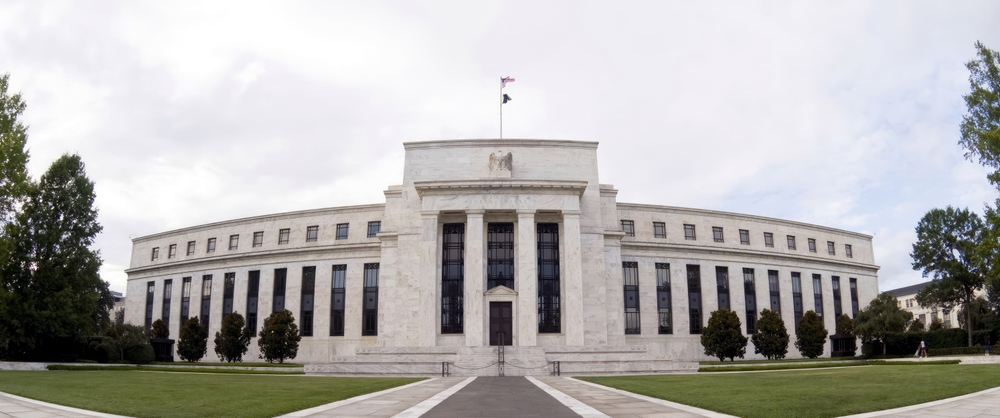.avif)
Do Lower Student to Counselor Ratios Reduce School Disciplinary Problems?
Although numerous studies in the education literature show that school counselors play a positive role in educating children, to our knowledge, this is the first study answering the question of whether lower student to counselor ratios, all else equal, improve student outcomes.
The American School Counselor Association (ASCA) recommends that there be no morethan 250 students to each school counselor. Although numerous studies in the education literatureshow that school counselors play a positive role in educating children, to our knowledge, this isthe first study answering the question of whether lower student to counselor ratios, all else equal,improve student outcomes. Using data provided to us by Florida’s Alachua County School Districtand the University of Florida Counselor Education Department, we show that lower student tocounselor ratios decrease both the recurrence of student disciplinary problems and the share ofstudents involved in a disciplinary incident. These effects are greater for minority and low-incomestudents. The fixed-effect models used, control for all unobserved heterogeneity across schools,isolating the effects on discipline from the within-school changes in the student-to-counselor ratio.The empirical methodologies employed produce unbiased estimates as long as the variation in thestudent to counselor ratio is not driven by unobserved factors that affect disciplinary outcomes.
Read the Full Paper
This paper was originally published by Contributions to Economic Analysis & Policy
Economic Dynamism
.jpg)
Do Dynamic Societies Leave Workers Behind Culturally?
Technological change is undoubtedly raising profound metaphysical questions, and thinking clearly about them may be more consequential than ever.

The War on Disruption
The only way we can challenge stagnation is by attacking the underlying narratives. What today’s societies need is a celebration of messiness.

Unlocking Public Value: A Proposal for AI Opportunity Zones
Governments often regulate AI’s risks without measuring its rewards—AI Opportunity Zones would flip the script by granting public institutions open access to advanced systems in exchange for transparent, real-world testing that proves their value on society’s toughest challenges.

Downtowns are dying, but we know how to save them
Even those who yearn to visit or live in a walkable, dense neighborhood are not going to flock to a place surrounded by a grim urban dystopia.

The Housing Crisis
Soaring housing costs are driving young people towards socialism—only dispersed development and expanded property ownership can preserve liberal democracy.

The Start-Up Paradox: The Coming Red Shift in Innovation
Despite London's success, the future of innovation is securely in American hands for the foreseeable future.

Oren Cass's Bad Timing
Cass’s critique misses the most telling point about today’s economy: U.S. companies are on top because they consistently outcompete their global rivals.




.jpeg)




.jpg)





